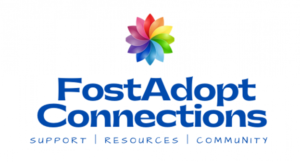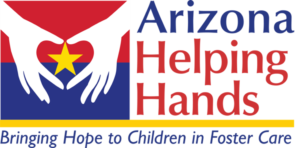How to Serve Foster Families in the Tucson Community
Non-profit organizations in the Tucson community need volunteers like you to promote the well-being, educational opportunities, and basic needs of children in foster care. Organizations such as the Children’s Heart Gallery, More Than a Bed, FostAdopt Connections, Arizona Helping Hands, Spreading Threads, and Arizona Friends of Foster Children Foundation play a vital role in the community through the services and events they provide to foster families. Volunteer opportunities in these organizations can include organizing donations, speaking at events, stocking warehouses, hosting collection drives, and photographing children in the foster care system. Each of these volunteer opportunities is a wonderful way to serve your community and support Tucson’s at-risk youth!
Volunteer Opportunities
DCS Children’s Heart Gallery

Website link: https://www.childrensheartgallery.org/volunteer
The Arizona Children’s Heart Gallery was created to capture the personalities of children in foster care awaiting families through photography. The Children’s Heart Gallery helps potential families gain insight into the stories, interests, and personalities of children in foster care who are awaiting permanent homes. A wide variety of volunteer opportunities are available at the Children’s Heart Gallery for people skilled in the areas of photography, styling, and writing. Volunteer guides are also needed to help the children navigate through the event. Volunteering at the Children’s Heart Gallery is a wonderful way to help share the stories of children in foster care, and aid in finding them permanent, loving homes.
More Than a Bed

Website Link: https://morethanabed.org
More Than a Bed is a nonprofit, Christian resource center for Arizona foster, kinship, and adoptive parents. More Than a Bed collects household items, clothing, beds, furniture, etc. and distributes these items to Arizona foster, kinship, and adoptive parents. Qualified families are able to shop for these items at no charge. More Than a Bed plays an important role in helping foster parents remain in the system and encouraging others to become foster parents and support Tucson’s at-risk youth. In 2019 alone, More Than a Bed provided resources to over 900 families and 2,800 foster children. There are plenty of volunteer opportunities at More Than a Bed. These opportunities include: sorting donations at the warehouse, organizing the warehouse, folding clothing, receiving donations, tutoring, offsite party fundraisers, and supply drives. Each of these volunteer positions plays a valuable role in helping More Than a Bed continue to support foster families and protect Tucson’s at-risk youth.
FostAdopt Connections

Website link: https://fostadopt.org/
FostAdopt Connections is a nonprofit organization devoted to supporting and empowering kinship, foster, and adoptive families by providing mentorship, resources, and community. Volunteer opportunities include: going shopping with children in group homes, being a mentor to a foster, kinship, or adoptive parent, and many more. Contact FostAdoptConnections@gmail.com to find out more about volunteer opportunities!
Arizona Helping Hands

Website Link: https://azhelpinghands.org/
Arizona Helping Hands (located in Phoenix) provides essential needs for children in foster care in the state of Arizona. Arizona Helping Hands provides basic needs for foster families including: bed sets, cribs, diapers and wipes, hygiene kits, children’s clothing, and safety equipment. During the holiday seasons, Arizona Helping Hands helps to make the holidays special for foster children by hosting drives for new toys. Volunteers are especially needed to help during community collection drives. Volunteer opportunities at Arizona Helping Hands include decorating Birthday Dreams bags, sorting and organizing clothing donations, sorting and filling stock in the warehouse, and working on seasonal collection drives. Volunteering at Arizona Helping Hands is an amazing way to serve the community, supply foster families with basic needs, and make the holidays special for children in foster care.
Spreading Threads Clothing Bank

Website Link: https://spreadingthreads.com/
Spreading Threads is a nonprofit clothing bank which provides free clothing to foster children in Southern Arizona. Donated clothing items are available at no charge to foster families every second Saturday of each month. Both monetary and clothing donations are needed to help support the wonderful mission of this organization. Volunteers are also needed to help in the process of sorting and organizing donations to ensure they are available to foster families every second Saturday of each month. Volunteering at Spreading Threads is an amazing opportunity to support a grassroots organization which provides basic needs to Tucson foster families.
Arizona Friends of Foster Children Foundation

Website Link: https://www.affcf.org/
The mission of Arizona Friends of Foster Children Foundation is to enhance the lives of Arizona foster care children by financing educational opportunities and outside activities. Volunteers are especially needed during the events hosted by Arizona Friends of Foster Children Foundation. These events include the VNSA Book sale, the Speakers Bureau Training, and the Slider Throw down. Volunteers during the VNSA Book sale will help organize and run the book sale, which takes place at the Arizona State Fairgrounds. Arizona Friends of Foster Children Foundation is invited to speaking opportunities statewide, which requires volunteers to speak on the organization’s behalf. The Speakers Bureau Training provides volunteers with the skills and training necessary to speak about the organization’s missions and goals at statewide events. Volunteering at Arizona Friends of Foster Children Foundation is a great way to promote the self-esteem of foster care children through educational opportunities and events.






